Centre for Histories of Violence and Conflict
The Centre for Histories of Violence and Conflict (CHVC) brings together researchers across disciplines with interests in historical approaches to studying collective violence, its meanings, its limits, and the strategies and abuses of violence workers, from security forces to terror groups. Analysing past histories, many with continuing legacies in our contemporary world, offers distinct insights into these questions.
The study of violence has grown markedly in the twenty-first century. From new forms of conflict within and between societies to growing awareness of the diversity of ‘everyday violence’, scholars are exploring fundamental questions about what constitutes violence, how it is organised, and how it reverberates through communities and lives.
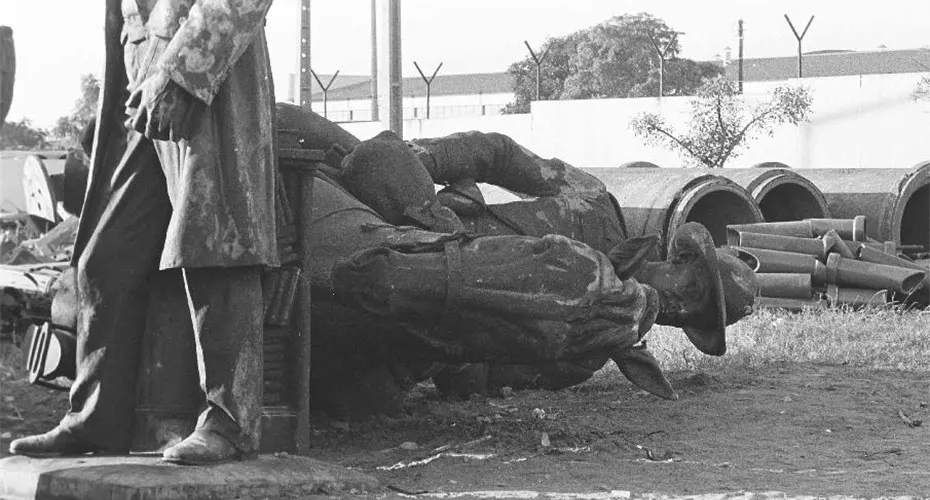
In this section
Centre staff
The Centre for Histories of Violence and Conflict (CHVC) consists of researchers from across the Department of Archaeology and History, and more broadly the Faculty of Humanities and Social Sciences.
Centre staff list
Professor Will Higbee
Associate Pro-Vice Chancellor for Business Engagement & Innovation

Professor Stacey Hynd
Dean of Postgraduate Research & the Doctoral College
01392 724323 S.Hynd@exeter.ac.uk Exeter



Professor Gareth Stansfield
Pro-Vice Chancellor & Executive Dean
Areas of research interest
Our staff members pursue various methods to explore the evidential traces of violence in historical and cultural spaces. Some have particular interests in histories of violence, displacement, and environmental spoliation. Others examine the connections between differing forms of mass violence, the conceptualisation of human rights, and their legal histories. Still others look for evidential traces of violence on societies, communities and bodies. Some work through archaeological records, others through historical documentation and quantitative data.
Specific areas in which Centre staff conduct research include:
- civil war studies
- gendered violence and military masculinities
- genocide studies
- terrorism and propaganda
- insurgencies and counter-insurgencies
- forensic archaeology of conflict sites
- quantitative analysis of conflict data
- forms of colonial violence
- violence in global and imperial history
- memories of violence and conflict commemoration
- violence and histories of emotions
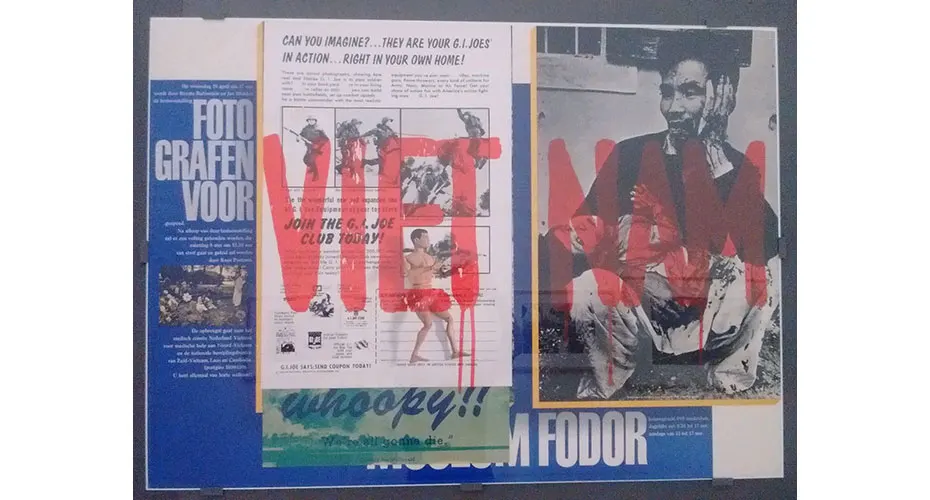
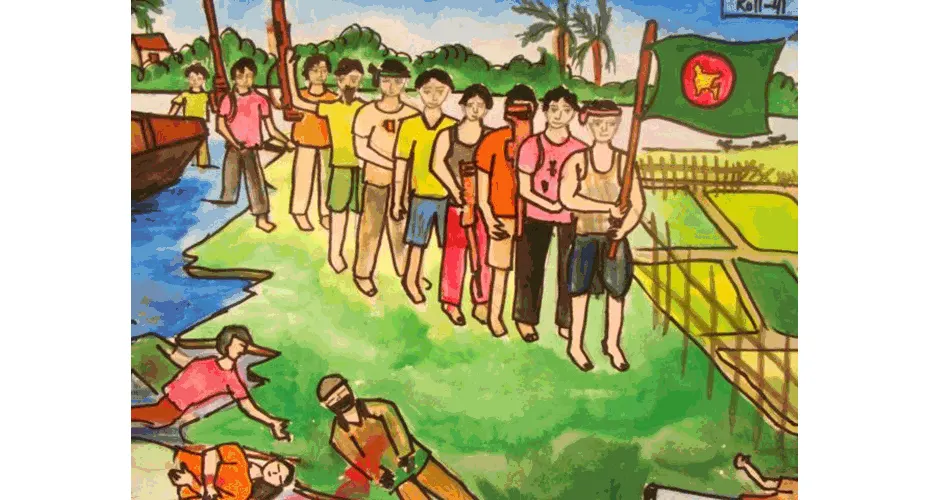
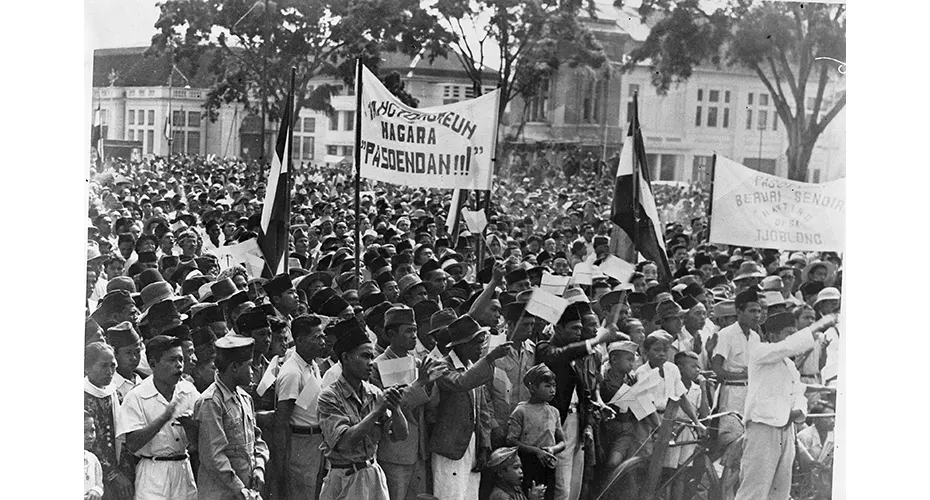
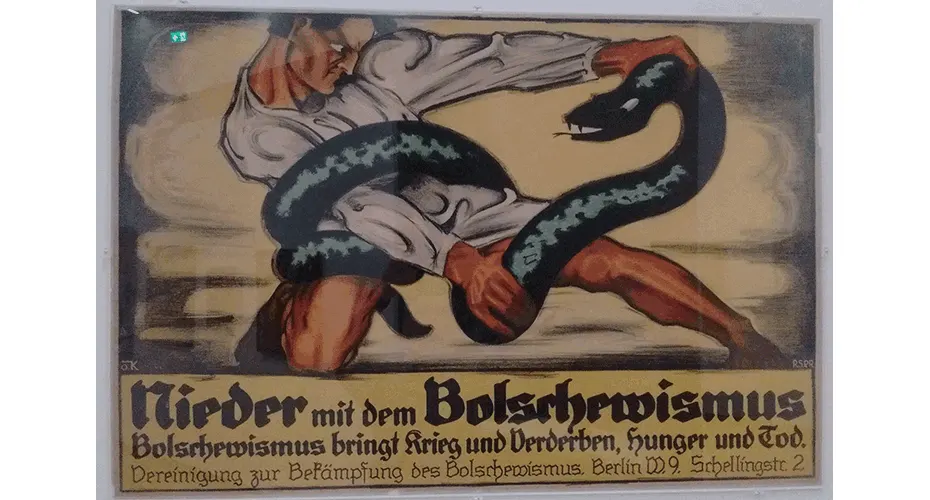
Centre events
We host a selection of workshops and other events. Please contact Centre co-director Gemma Clark if you would like to be added to our mailing list. You can find further events by visiting the Department of Archaeology and History events website.
Upcoming events
There are no current events to display, but please come back soon for updates.
Past events
Research projects
Our staff are involved in a diverse range of innovative collaborative projects, a selection of which are listed below.
South Africa’s Hidden War: Histories of Sexual Violence from Apartheid to the Present
UKRI Future Leaders Fellowship | Emily Bridger, History
South Africa’s Hidden War is a research project exploring the longer histories of sexual violence in South Africa from the 1940s to 2000s, examining conceptualisations of, debates about, and responses to rape and other forms of violence over the apartheid and post-apartheid periods. It aims to develop the first extensive history of sexual violence in twentieth century South Africa and reframe current discussions of sexual violence with a greater understanding of this history and greater emphasis on women’s own voices and narratives.
The project is funded by a UKRI Future Leaders Fellowship and runs from 2020-2029.
Warhorse: The Archaeology of a Medieval Revolution
AHRC Research Grant | Oliver Creighton, Archaeology
Warhorse: the Archaeology of a Medieval Revolution, launched in February 2020, has conducted the first ever systematic study of the full range of archaeological evidence for warhorses, and horses more generally, from medieval Britain.The horse is arguably the most characteristic animal of the Middle Ages. But while the development and military uses of warhorses have been intensively studied by historians, the archaeological evidence is often overlooked or under-valued. As a collaborative venture between the University of Exeter’s Department of Archaeology and the Department of History at the University of East Anglia , this project connects the study of medieval horses to their broader social and landscape contexts from the late Anglo-Saxon to the early Tudor period (c. AD 800–1550). The overarching aim is to produce new understandings about an animal that was an unmistakable symbol of social status, closely bound to aristocratic, knightly and chivalric culture, and a potent weapon on the battlefield.
Children at War: a History of Child Soldiering in Africa, c. 1890-2015
Stopping the use of child soldiers has become an emblematic crusade for the international community since the 1990s when the ‘child soldier crisis’ seized humanitarian attention, iconically represented by a small African boy wielding an AK-47. Today SDG 8.7 specifically demands an end to the ‘recruitment and use of child soldiers’. Yet recent UN reports and Global Slavery Index bemoan the ‘limits of existing data’ for tackling child soldiering. A lack of historical data inhibits policy responses and longitudinal assessments. This project will provide usable data for practitioners and interdisciplinary scholars working on children in armed conflict with the first comparative historical analysis of patterns of children’s use in African warfare from c.1940-2000.
Children at War: a History of Child Soldiering in Africa provides a broad cross-continental overview of key trends, bringing together Anglophone, Francophone and Lusophone literatures. To provide more granular analysis, comparative case studies are being undertaken on Uganda, Angola, Burundi and the Democratic Republic of the Congo, and Ethiopia. The project argues for a gen[d]erational analysis of warfare that focuses on age, alongside gender, to highlight the significance and ‘age-ential’ nature of youth involvement in conflict.
Understanding Insurgencies: Resonances from the Colonial Past
Coordinated by Martin Thomas and Gareth Curless, the network brings together seven University partners: Exeter, Oxford, Warwick, Glasgow, CNRS Paris, Université de Québec, and KITLV Leiden.
In spite of increasing interest in the history of counterinsurgency and empire, we lack comparative studies of colonial responses to armed insurrection, civil disorder, anti-colonial paramilitaries and other irregular forces. This project seeks to redress this imbalance by analysing colonial counterinsurgency and its contemporary legacies from a comparative perspective.
More than simple comparisons of violent insurrections in individual colonies at the end of European Empire, this network project begins from the proposition that insurgencies, revolutionary social movements, their propaganda and methods of action were inherently transnational and inter-connected. Transnational activism, popular mobilisation, and the targeting of civilians by ethnicity or communal attachment are apparent in the actions of numerous contemporary insurgent movements. So, too, intelligence-led counter-insurgency, punitive aerial bombardment, and patronage of loyalist militias have guided – or misguided – government responses to numerous contemporary civil conflicts from Latin America, through Africa North and South of the Sahara, to the Middle East and South East Asia.
Despite the global connections and contemporary resonances of anti-colonial insurgencies, study of violent decolonisation has remained rooted in the experience of individual empires or colonial territories. The lack of comparative studies of colonial counterinsurgency has meant that armed conflicts within late colonial states are treated as locally specific and internecine.
However, insurgent groups built regional and international networks in order to attract the material and moral support required to support their anti-colonial rebellions. While accepting that individual national circumstances contributed to particular colonial policing styles, this project argues such approaches fail to establish either what was uniquely 'colonial' about colonial violence or what made anti-colonial insurgency so globally widespread so quickly. This project seeks to demonstrate that colonial conflicts, far from being a series of sequential Third World wars, were interrelated and interdependent, characterised by the transmission of experiences and methods from one region to another.
The eight Network workshop events will allow specialist scholars from the UK and overseas to refine ideas about the nature of late colonial conflict, the ways in which colonial security forces responded to it, and the ensuing patterns of violence, rights abuses, and legacies of inter-communal distrust that resulted.
The workshops, further details of which will be announced in the near future, will be organised around the following themes:
- Testing the hypothesis: repression compared
- The laws of war and targets of violence
- Punishments and rewards
- Political economies of colonial violence and counter-insurgency
- Colonial insurgencies as transnational phenomena
- Ending insurgency: ruptures and reconciliations
Teaching and Learning War: Education and Modern War in an International Comparative Perspective
Funded by the Arts and Humanities Research Council Research Networking Scheme, the Teaching and Learning War research network brought together EU and international researchers and stakeholders, from a range of academic disciplines and professional backgrounds, to explore young people’s engagement with and receptivity to the cultural memory messages of the two world wars from an international comparative perspective. At the centenary of the First World War in the UK, Australia, Canada, and New Zealand young people found themselves front and centre of both state-sponsored and community-level commemorations. As the two world wars fade from living memory, young people across the Commonwealth were singled out as those who will carry the memory of the war forward. Early indications suggest similar emphasis will be placed on young people in the 80th and 90th anniversaries of the Second World War.
Warnings from the Archive: A Century of British Intervention in the Middle East
Warnings from the Archive: A Century of British Intervention in the Middle East deconstructs two official inquiries, one hundred years apart, into British military intervention in Iraq: the Mesopotamia Commission (1917) into the failures of Britain’s military effort during the First World War in Mesopotamia, and the Iraq ‘Chilcot’ Inquiry (2016) into Britain’s role in the 2003 US-led invasion and occupation of Iraq.



